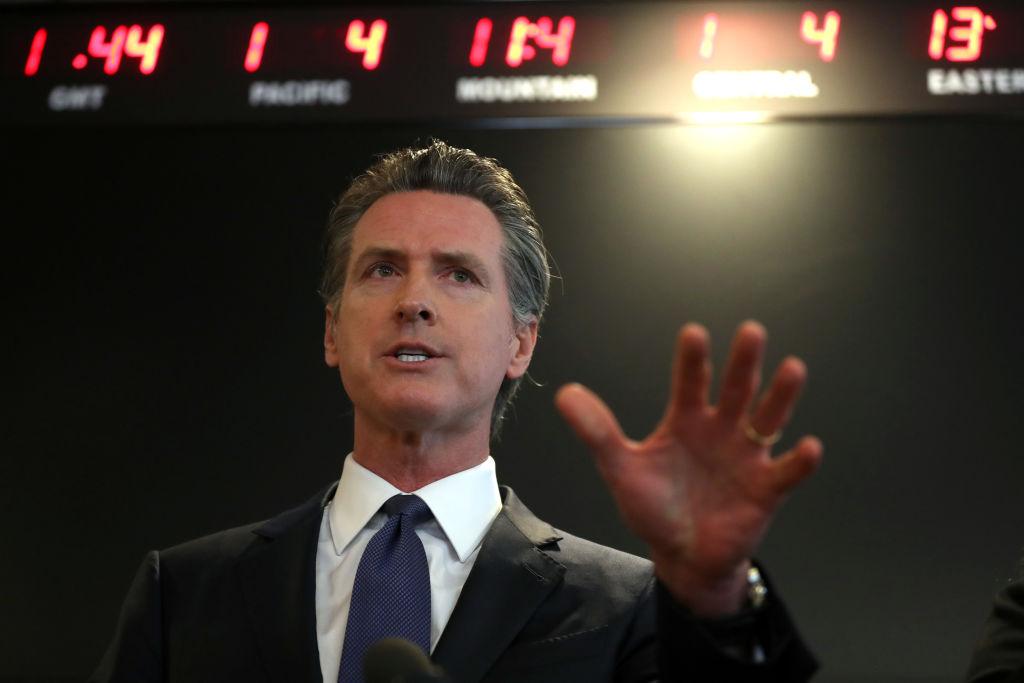Many independent contractors have found themselves caught in a whirlpool since California’s controversial AB5 law went into effect on Jan. 1—and the pandemic has intensified it.
The law prevented them from working on a contract basis, and it meant they had to find full-time employment instead, something many of them have struggled to do.





